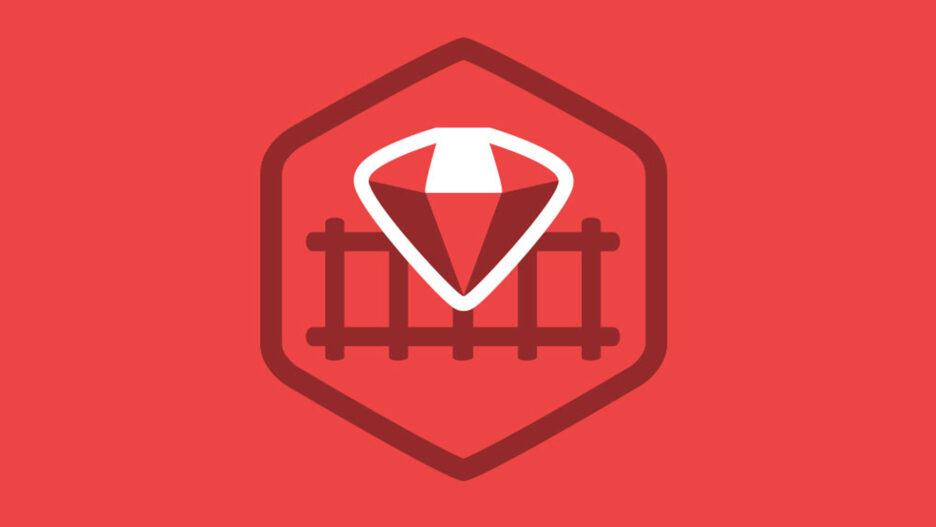Don’t know what framework, Django or Ruby on Rails, will best fit your project? Then this post is for you.
There’s a Django vs Ruby on Rails debate with numerous web developers taking sides and insist that one is better than the other. Even though these frameworks have their respective advantages and disadvantages, the similarities are notable and doing comparison is unavoidable. In order to settle which framework is the right one for you have to learn more about them.
Origins
Django became known as a successful product of Lawrence Journal World and was originally designed to for their news web sites. It was released under a BSD license in July 2005. As Django authors say it was created to meet the fast deadlines of journalism websites, whilst at he same time keeping the development process clean and maintainable. On the other hand, Ruby on Rails emerged during the creation of the BaseCamp, an online project management tool. It was released a year prior to Django in July 2004.
Both frameworks were designed for the creation of complex database-driven websites. They both are also MVC. However, Ruby on Rails was released earlier and by 2006 was already widely recognized.
Programming Languages
The primary difference between these frameworks is their programming languages. As you probably know Django web framework is based on Python while Ruby on Rails on Ruby. Both are dynamic general purpose object-oriented programming languages.
In terms of programming languages both web frameworks are relatively the same.
Top 5 Ruby on Rails Websites
- Github
- Groupon
- Shopify
- Yellow Pages
Top 4 Django Websites
Conclusion
As you can see both of the framework are very similar and it’s difficult to say which one is better. However, there’s a tendency to choose Ruby on Rails for community, classifieds and general purpose websites while Django for news and media websites.





